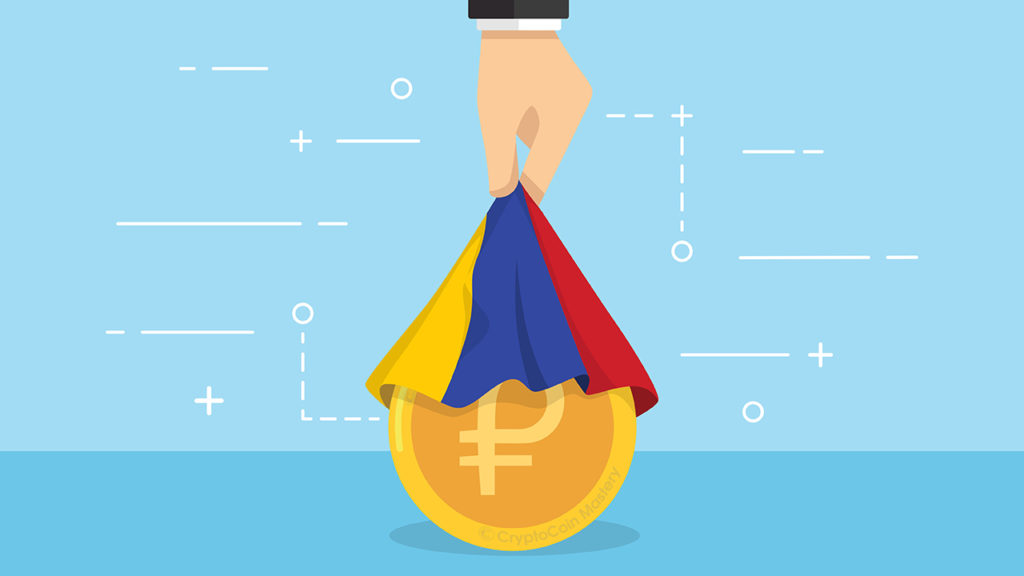
February 19th, 2018: In Venezuela, tomorrow marks the official beginning of the pre-sale for the country’s official cryptocurrency: the Petro. Also known as the Petromoneda, the release comes on the tails of continual press from both Venezuelan President, Nicolás Maduro, as well as other major outlets due to the restrictions placed on who is allowed to invest in the new crypto asset. The cryptocurrency is set to be limited to 100 million units, along with the asset being backed by the country’s natural resources. Maduro’s plan is to collect foreign investment and have a more stable currency, potentially immune to Western sanctions, to help solve Venezuela’s current economic crisis.
One of the reasons for the lack of enthusiasm on the part of American investors is the potential legal issue the coin raises. Seen by regulators as a possible workaround to current sanctions, investors were warned to tread carefully when attempting to invest in the initial coin offering (ICO), with pre-sales set to begin tomorrow, February 20th. Coincidentally, many argue that not only is it possible to argue that contributing circumvents current sanctions, but that the plan for the ICO was intentionally to do just that: bring in foreign funding to finance the debts of the Maduro regime and bypass current restrictions.
Maduro and his regime are no strangers to the scrutinizing international media—especially in the last year and the economic state of the country after an unresolved issue with hyperinflation—but news of the Petro release comes after a significant amount of internal fighting within the Venezuelan government as well.
In the opposition-held Congress, party leaders have called Maduro’s planned release “illegal,” saying that the currency is effectively borrowing against the assets of the country. Like many other “pegged” assets, Maduro’s Petro is another cryptocurrency seeking stabilization by backing the coin with a traditional asset, in this case: Venezuela’s natural resource reserves of oil, gas, gold, and diamonds.
Those criticizing the Petro release say that Maduro is using resources illegally to fund the the economic crumbling of the country. While Venezuela can’t collect funding from traditional investment routes during sanctions, the regime is looking to for a potential cash collection primarily from investors in countries like Turkey, Qatar, and other Middle Eastern countries.